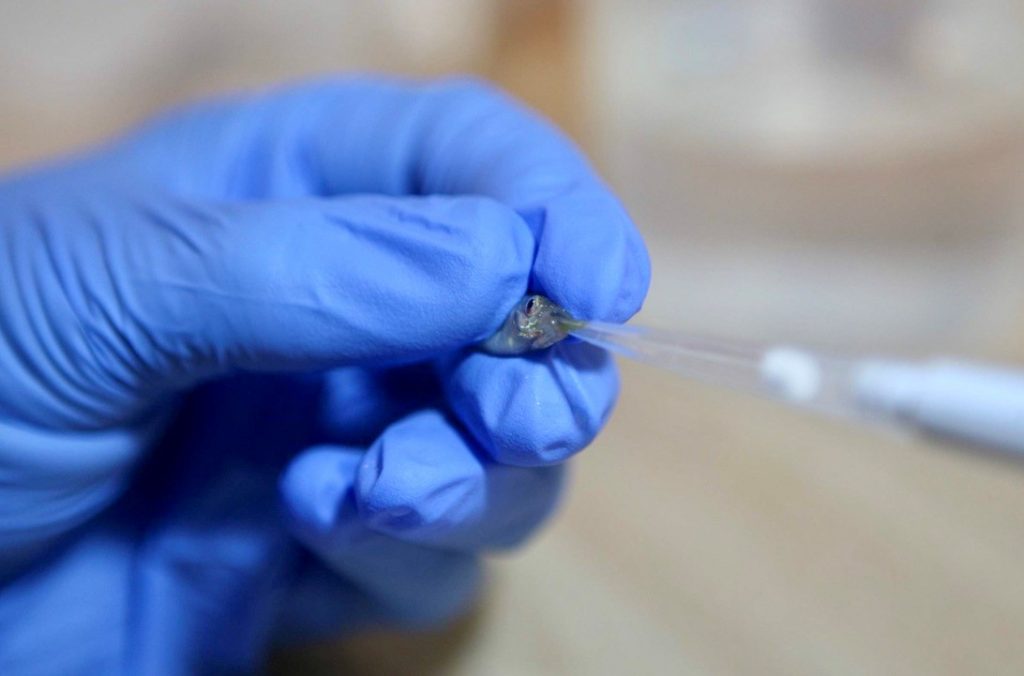
Center For Evolutionary Hologenomics (CEH)
Center leader:
Professor Marcus Thomas Pius Gilbert
Period:
Jan. 2020 - Dec. 2025
Application round:
10th Round
Host institution(s)
University of Copenhagen
Grant:
67,7 M DKK
Link:
It is increasingly clear that symbiotic microbes not only benefit their eukaryotic hosts through food conversion and nutrient uptake, but they can also have broader effects on their hosts’ morphology, health, and even behavior. They are no longer considered passive passengers but active crew, who can affect and even condition phenotypes in complex organisms, whether plants, invertebrates, or vertebrates. The extent of these effects is so great that although the two parties have traditionally been studied independently, a new ‘hologenomic’ approach is now being embraced by the genomics community that jointly analyzes the interconnection between host genomes and microbial metagenomes, and their combined functions. This is now feasible because the genomic revolution enables the generation of multi ‘omics-scale data sets and analysis using novel data-mining methods. Indeed, recent research has showcased the feasibility of applying hologenomics to questions of ecological and evolutionary relevance. Therefore, there is a pressing need to understand how the evolution of complex host organisms is shaped by their associated microbes. Furthermore, now is the time to explore their broader implications in the context of fundamental ecological and evolutionary processes, grand transitions of life, and the history of humans – all topics that are typically attributed to other host-centric features such as genomic variation.
The purpose of the Centre for Evolutionary Hologenomics (CEH) is to develop and implement state-of-the-art ‘omics and associated computational techniques, and then address, through experimental and theoretical research, four key themes underscoring life on Earth:
- WHAT is the relationship between a host’s genome and the functional and taxonomic makeup of its associated microbial metagenome?
- DOES this relationship explain ongoing ecological and evolutionary processes in the host?
- COULD this relationship provide an alternate explanation to some of life’s big transitions?
- HOW have we humans exploited this relationship?
CEH is hosted by the University of Copenhagen’s GLOBE Institute and is a multidisciplinary endeavor based on state-of-the-art technologies that economically allow genomic, transcriptomic, epigenomic, and metabolomic profiling, thus enabling exploration of not only which genes are present, but also how they interact at different scales to impact host biology. Although the center’s approach is relevant across life’s domains, it will initially focus on simple-gutted vertebrates to facilitate obtaining and processing thousands of comparable samples given current expertise, and to build on existing knowledge of host-microbiota interactions (mainly on mice and humans), rather than starting from scratch. However, as the center matures, its research team envisions a natural expansion into other taxonomic groups.
